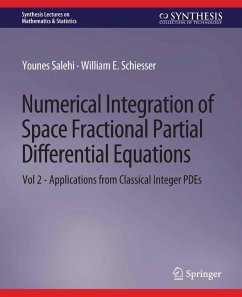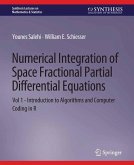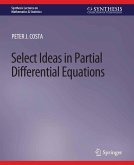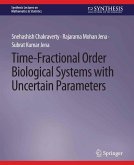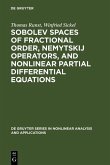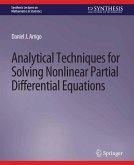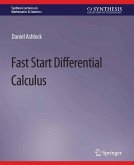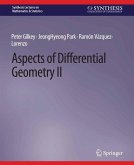Partial differential equations (PDEs) are one of the most used widely forms of mathematics in science and engineering. PDEs can have partial derivatives with respect to (1) an initial value variable, typically time, and (2) boundary value variables, typically spatial variables. Therefore, two fractional PDEs can be considered, (1) fractional in time (TFPDEs), and (2) fractional in space (SFPDEs). The two volumes are directed to the development and use of SFPDEs, with the discussion divided as:
Vol 1: Introduction to Algorithms and Computer Coding in R Vol 2: Applications from Classical Integer PDEs.
Various definitions of space fractional derivatives have been proposed. We focus on the Caputo derivative, with occasional reference to the Riemann-Liouville derivative.
In the second volume, the emphasis is on applications of SFPDEs developed mainly through the extension of classical integer PDEs to SFPDEs. The example applications are:
Fractional diffusion equation with Dirichlet, Neumann and Robin boundary conditions Fisher-Kolmogorov SFPDE Burgers SFPDE Fokker-Planck SFPDE Burgers-Huxley SFPDE Fitzhugh-Nagumo SFPDE
These SFPDEs were selected because they are integer first order in time and integer second order in space. The variation in the spatial derivative from order two (parabolic) to order one (first order hyperbolic) demonstrates the effect of the spatial fractional order ¿¿¿¿ with 1 = ¿¿¿¿ = 2. All of the example SFPDEs are one dimensional in Cartesian coordinates. Extensions to higher dimensions and other coordinate systems, in principle, follow from the examples in this second volume.
The examples start with a statement of the integer PDEs that are then extended to SFPDEs. The format of each chapter is the same as in the first volume.
The R routines can be downloaded and executed on a modest computer (R is readily available from the Internet).
Various definitions of space fractional derivatives have been proposed. We focus on the Caputo derivative, with occasional reference to the Riemann-Liouville derivative.
In the second volume, the emphasis is on applications of SFPDEs developed mainly through the extension of classical integer PDEs to SFPDEs. The example applications are:
These SFPDEs were selected because they are integer first order in time and integer second order in space. The variation in the spatial derivative from order two (parabolic) to order one (first order hyperbolic) demonstrates the effect of the spatial fractional order ¿¿¿¿ with 1 = ¿¿¿¿ = 2. All of the example SFPDEs are one dimensional in Cartesian coordinates. Extensions to higher dimensions and other coordinate systems, in principle, follow from the examples in this second volume.
The examples start with a statement of the integer PDEs that are then extended to SFPDEs. The format of each chapter is the same as in the first volume.
The R routines can be downloaded and executed on a modest computer (R is readily available from the Internet).
Dieser Download kann aus rechtlichen Gründen nur mit Rechnungsadresse in A, B, BG, CY, CZ, D, DK, EW, E, FIN, F, GR, HR, H, IRL, I, LT, L, LR, M, NL, PL, P, R, S, SLO, SK ausgeliefert werden.

